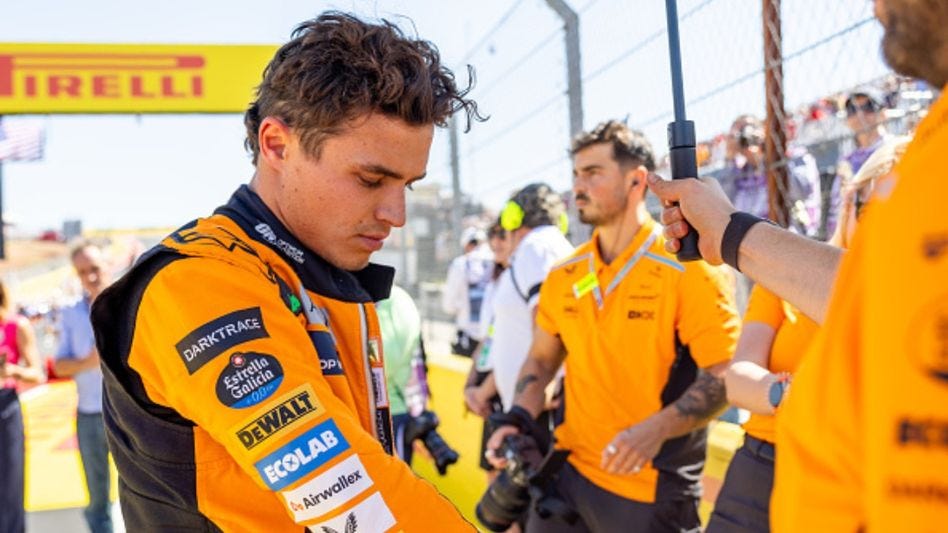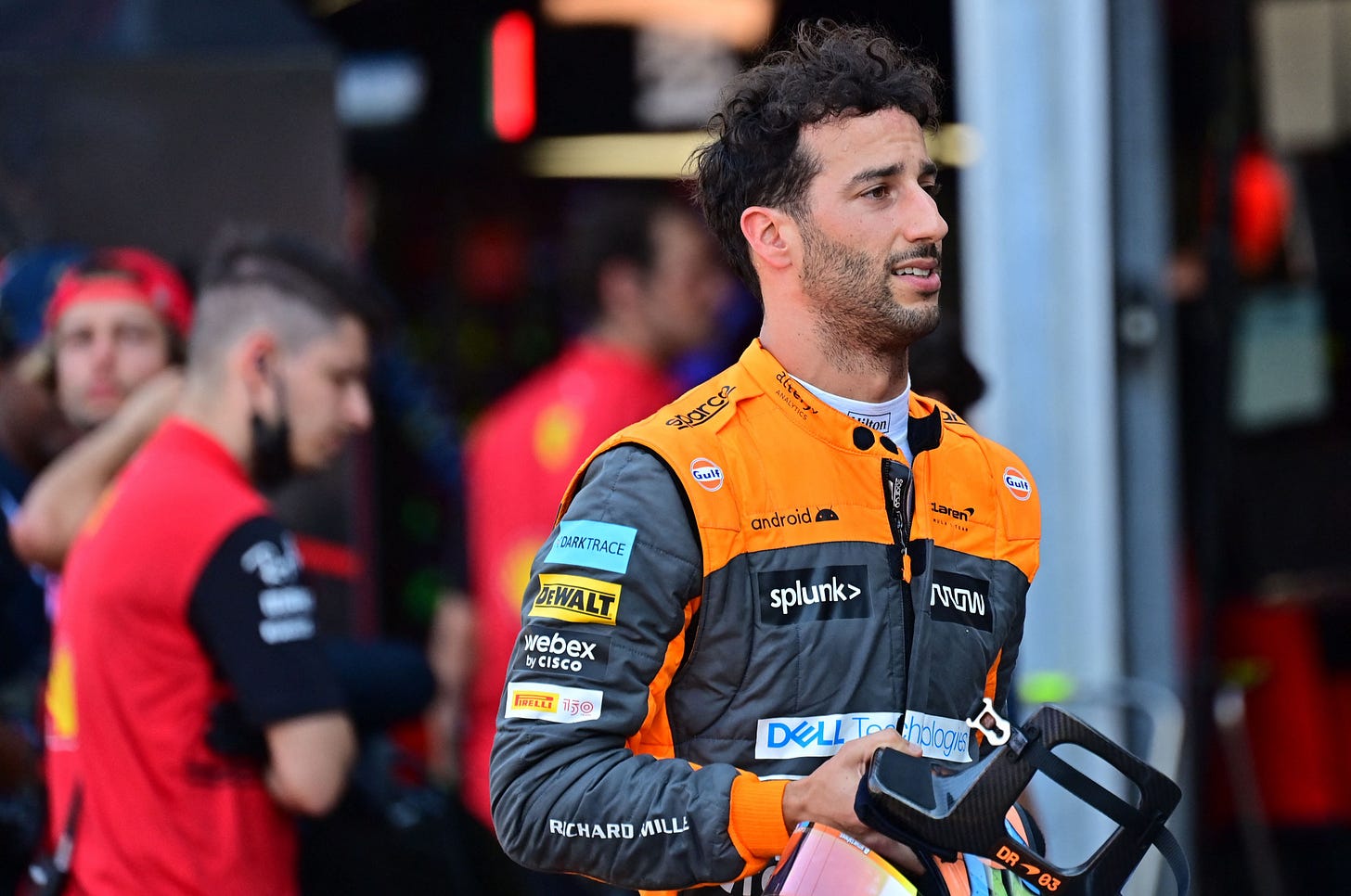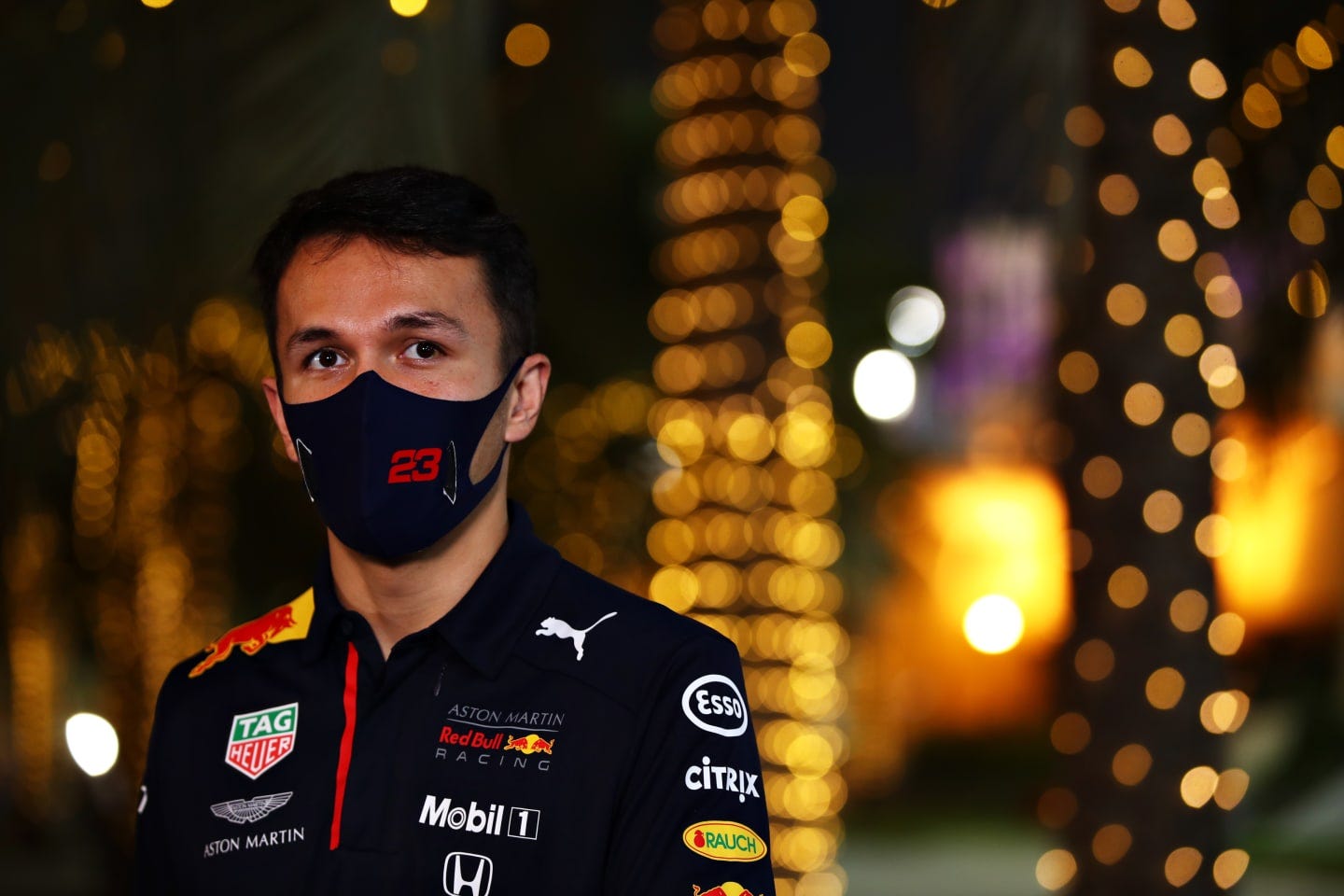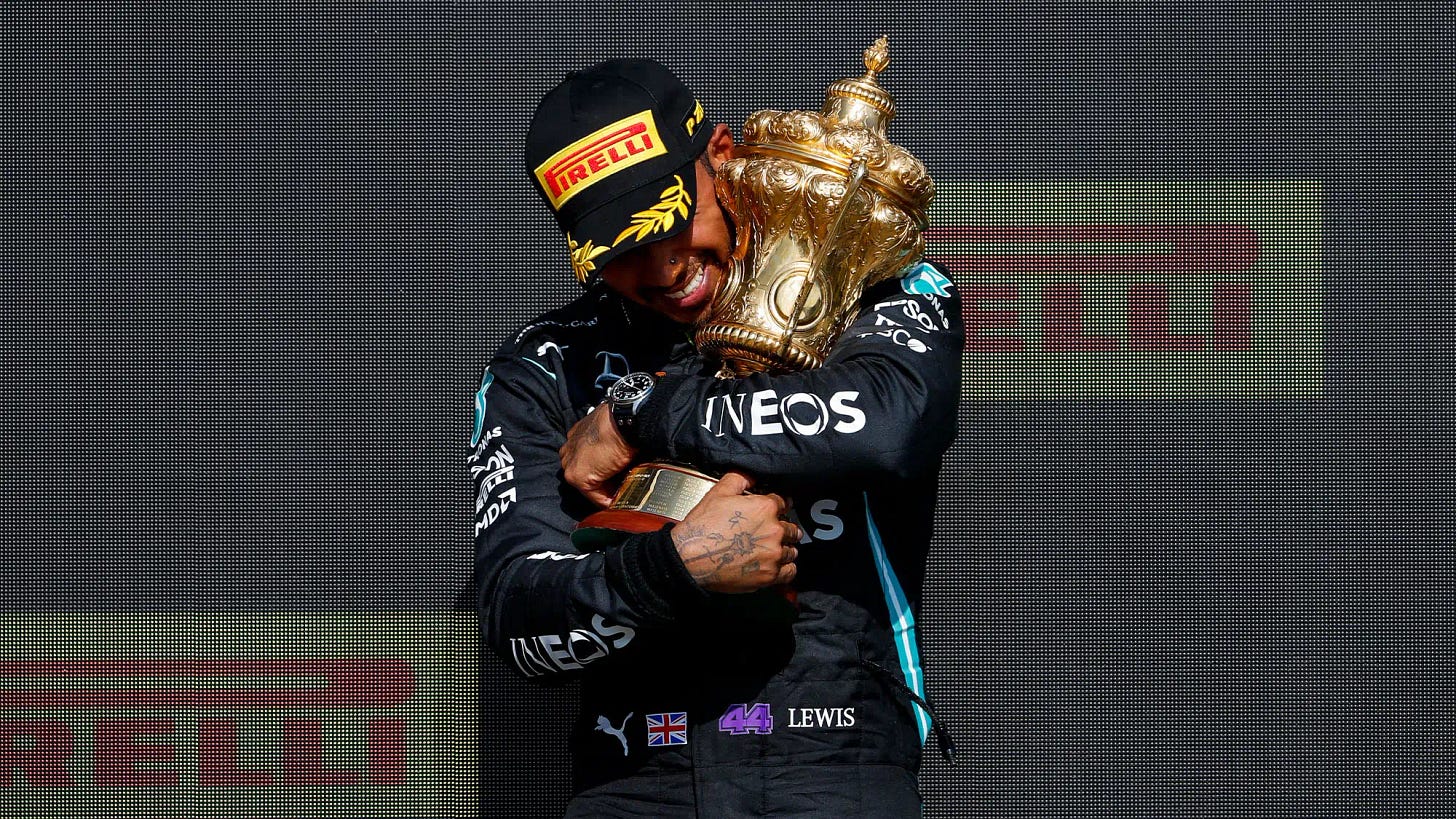"Mental Weakness"
Let's discuss Helmut Marko's remarks about McLaren driver Lando Norris, and mental health in Formula 1.
"We know Norris has some mental weaknesses. I've read of the rituals he needs to do to perform well on race day."
These were the controversial remarks made by Red Bull Racing's Helmut Marko during the 2024 United States Grand Prix.
While McLaren driver Lando Norris brushed off the comments with humour, claiming that his “only ritual is eating [a] chicken wrap,” McLaren Racing’s CEO Zak Brown took a more serious tone. Brown told Motorsport.com:
"I read Helmut's comments, which I thought were disappointing but not surprising.”
"Lando has been kind of an ambassador for mental health. Toto [Wolff] has spoken about mental health, so I think it's a serious issue that we've tried to talk about and bring to the forefront.
"Poking at that situation I think is pretty inappropriate and kind of sets us back 10-20 years … I thought that one was in pretty poor taste."
Brown is correct — Norris has changed the way mental health is discussed in Formula 1.
Since the beginning of his Formula 1 career, Norris has spoken candidly about his mental health, discussing how he felt depressed during his rookie season:
"Despite making it to F1 — something I had dreamt of ever since I began racing — I found myself questioning my own self-belief: worrying if I had what it took, comparing myself with my teammate and other drivers.
"It screws with your head. It's tough to deal with and I'm sure many other drivers have struggled with it in the past."
He’s spoken about seeking support from his friends, family, and his team, working with a mind coach, and using Headspace to work on his mental health.
Headspace is an app that integrates meditation and mindfulness practices to promote mental well-being, teaching users strategies to cope with everyday stress. Research suggests that using Headspace can help with improving depression symptoms.
Norris is among the first drivers to openly and routinely address the topic of mental health, a stance that deserves praise rather than criticism.
Have other Formula 1 drivers discussed mental health?
Drivers have discussed their mental health on several occasions. Let’s review some recent examples.
Ex-F1 driver and eight-time race winner Daniel Ricciardo opened up about his tumultuous journey with McLaren after leaving the team.
“I don’t want to like go too far and be like, ‘yeah, I was depressed’ or whatever, but I certainly wasn’t always eating as much.
“I think I just wasn’t feeling right. I was honestly just not like my happy self, not my normal self. I think as well so much was going on [in 2022], I could feel like I had this kind of nervous energy inside me. I didn’t have an appetite as much. I was just a bit scattered. So yeah, there was certainly like some of that. So I was a little thin.”
Williams driver Alex Albon shared similar remarks when discussing the mental toll of driving for Red Bull Racing in 2020:
“I was struggling with the attention around it. I deleted all my socials. It was very toxic — the mocking, the quotes, becoming a laughing joke, a meme.
“I realised when that year finished, mentally I had no energy left.”
Albon made his return to Formula 1 in 2022 with Williams, where he’s praised the team's supportive atmosphere. His efforts have played a key role in helping the team climb out of the backmarker ranks and regain competitiveness.
When asked about how he currently copes with the stress of Formula 1, Albon responded:
“I have a psychologist who I work with closely. There are little things like that, and it’s just life experience too. As I’ve gotten older, just matured more, it’s naturally been much easier to cope with the stresses of what I do.”
Seven-time World Champion Lewis Hamilton recently opened up about his struggles with mental health to The Times:
“I’ve struggled with mental health through my life, depression from a very early age when I was, like, 13 … when I was in my twenties I had some really difficult phases.”
You might be wondering, “Why does it matter if F1 drivers discuss their mental health?”
Research shows that the stigma surrounding mental health can make it difficult for people to seek help, particularly for athletes.
In competitive sports, there is a widespread belief that mental health struggles represent “mental weakness,” as per Helmut Marko, and that athletes need to “tough it out” to succeed. This attitude can discourage athletes from seeking help for fear of looking weak and losing playing time, perpetuating the stigma.
Research suggests that the best way to overcome mental health stigma is by talking to people about mental health. When someone feels comfortable sharing their mental health experience, it directly challenges stigma by helping to normalize the conversation around it.
Everyone experiences mental health fluctuations, even your favourite F1 driver.
Norris has discussed how sharing his mental health journey has helped others:
“It’s basically when I would hint at it, for example, the first few times, before I was speaking about it publicly, a few of them saying it’s helping them or the impact it had on them – and over time raising the impact I can have on those thousands of people is huge.
“When I started to get messages of me helping them out or making them feel much better or their friends or family or whatever, that’s like a pretty amazing thing to see how much you can help some other people.
“So the more I saw that, the more I really realised the impact I can have and the place I am in Formula 1, in my life with the followers I have, with the fanbase I have... So therefore I thought it better to speak about it more publicly, and worldwide and so on, and try and help as many people as possible.”
Norris shows us that being open about one’s mental health can be a powerful tool — we have the power to actively challenge harmful stigma that prevent others from reaching out for help.
But when we refer to mental health as a “weakness,” we are perpetuating the narrative that mental health is something that needs to be hidden.
I’m sure it comes with no shock, but I wholeheartedly disagree with Marko’s comments towards Norris. Being open about mental health is not a sign of weakness — it’s a sign of strength.
Others would do well to take note.













Amazingly said🙌🏼